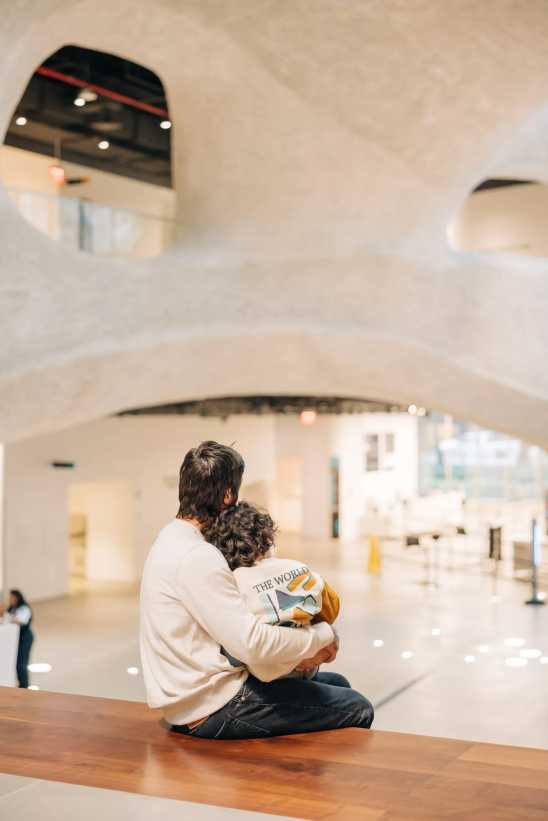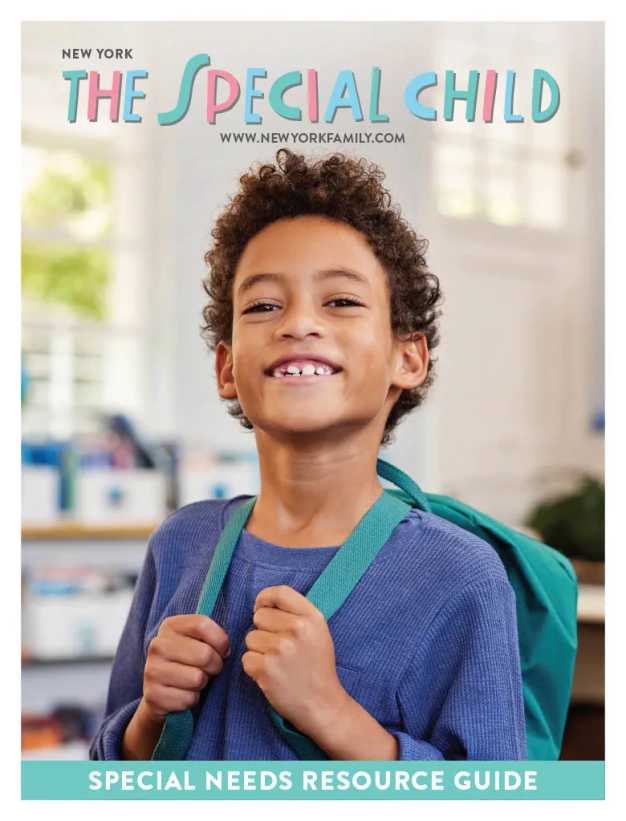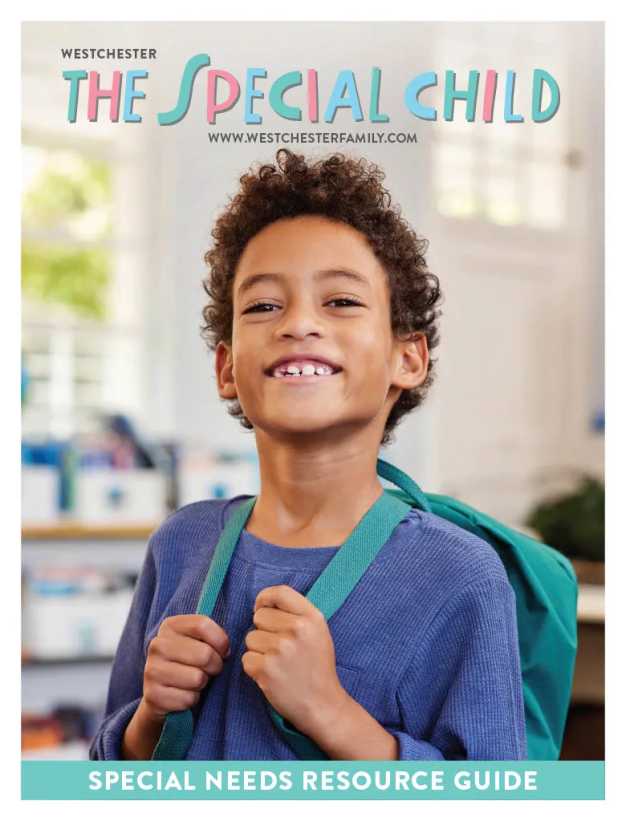Informing your special-needs daughter about one of the central concepts in women’s healthcare, menstruation, can be successfully done in the same manner as you would with a child without special needs. In order for your daughter to feel as comfortable as possible, you want to have the conversation before the start of her first period. The timing of your conversation is important as well as your disposition, as you should be sensitive, empathetic, and understanding. You should also be informed yourself so you are ready to respond to any questions or concerns she may have. Maintaining open lines of communication during this major milestone is important.
Every adolescent approaches puberty differently, some with a more positive attitude toward the changes than others. Starting your menstrual period is one of the significant changes that occur, which is essentially when hormones prepare your body each month for the possibility of pregnancy. It is important that your child knows what to expect before it happens, so she is not shocked or overwhelmed by the experience.
“We usually recommend that parents start talking to their kid somewhere around age 10, because the average period for most young women starts at around 10-and-a-half, which is a little bit earlier than it used to be,” said Dr. Raquel Dardik, an obstetrician and gynecologist at NYU Langone Medical Center.
There is no right way to have the discussion, but you want to cover the basics.
“You should keep it very factual, explaining that they will have some bleeding, and that it is normal, as well as that the bleeding may or may not be regular in the beginning,” said Dardik. You should tell her that sometimes the period happens every month, but sometimes it is not on a scheduled basis.
“It can be disruptive for girls of that age not knowing when they are getting their period,” said Dardik.
Some girls are bothered by the discomfort, while others handle it okay.
“You should explain what cramps feel like and that they are part of the normal process and that there are a lot of things we can do to manage it,” said Dardik. Often, girls are advised to take non-steroidal anti-inflammatory drugs like Motrin, because they are an easy first line remedy. The key is to take it as soon as the cramps come, because it can be harder to control if you wait.
“The heating pad is an old standby that does work,” said Dardik. Everyone has a different pain threshold and is affected differently.
Address the issue of pads versus tampons and that it is about personal preference.
“A lot of girls have difficulty figuring out how to insert a tampon, whether it is anxiety-based or a lack of understanding the anatomy and mechanics of how to put it in and take it out,” said Dardik.
Girls will inquire as to how long the bleeding lasts — and that can vary.
“A normal cycle can be between two or seven days,” said Dardik. The first few days will likely be heavier and then the blood tends to lessen.
“They may get it light one month, not get it another month, and then get it heavy, because the hormones have not established the pattern yet and are not predictable,” said Dardik.
Some girls want to talk about moodiness and irritability that can be associated with the period. Often times going through various emotions can just be part of being a teenager, so it can be tough to distinguish the difference. If your child talks about mood changes, you want to be reassuring that there is nothing wrong with them. If your child asks questions about periods or what is happening in the body, be prepared with honest answers.
“I talk about contraception, and say they are releasing an egg and now are fertile and can get pregnant,” said Dardik.
Know that your daughter does not need to see a gynecologist just because she has had her first period.
“The recommendation to see a gynecologist is when you are sexually active or 21, unless you are having a problem,” said Dardik. If you are uncomfortable broaching the topic of periods, it may be a good idea to have a doctor hold the discussion.
“It can be stressful for girls to see a gynecologist, and they get nervous, so it is important for them to realize that they may not need an exam but rather just someone more familiar with the gynecologic part of their health than their pediatrician,” said Dardik.
Just as most people find they share more similarities than differences, there is nothing unique about periods to the special needs population.
“The biology is exactly the same and the concerns are the same, such as what is happening and whether it is normal, whether they are special needs or not,” said Dardik.
While it can be uncomfortable for parents to talk about, the conversation should happen.
“Most of the time should be spent explaining that it is a normal process, something they can expect, and part of normal human physiology so there is nothing much we can do about that,” said Dardik.
Jamie Lober, author of “Pink Power” (www.getpi













